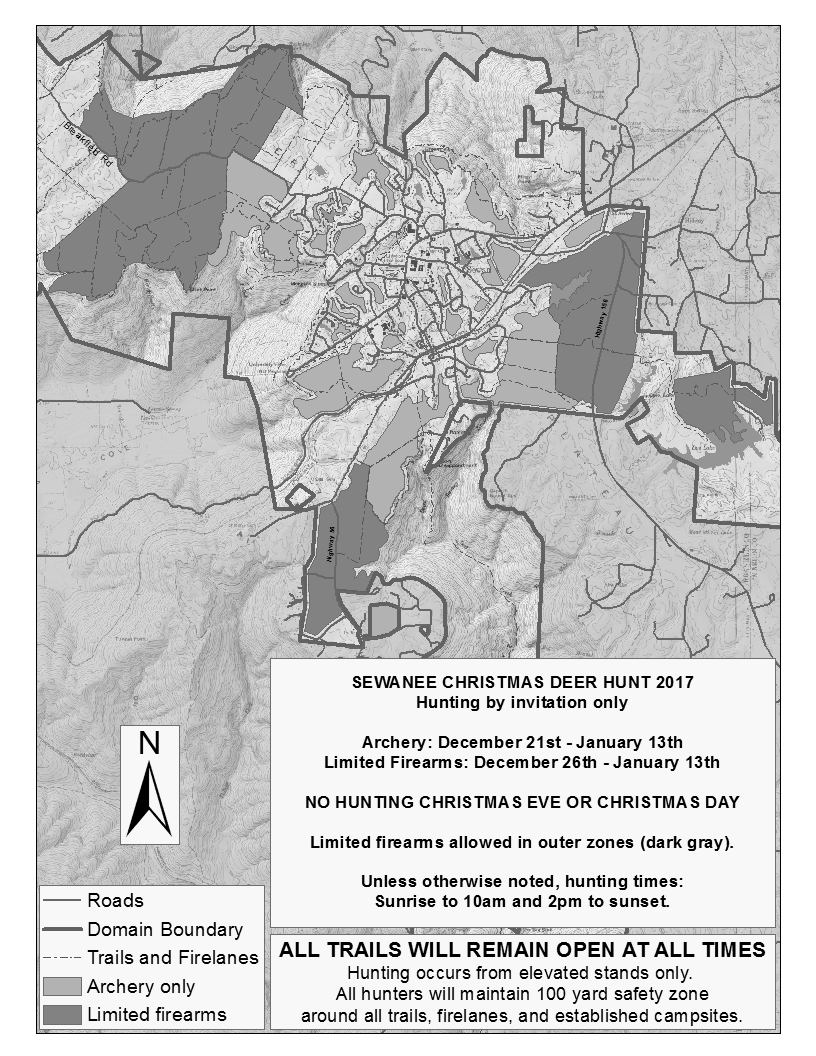by Kevin Cummings, Messenger Staff Writer
The renovation of the old Grundy County High School and planned rebirth as a center for community services is progressing after a long and winding road, with the next big step set for January.
The aim of the project’s steering committee is to see the building house an array of community services such as health and social services, workforce development, and classes from Chattanooga State Community College.
Part of the plan is to include “community health ambassadors,” who will greet people when they enter the “South Cumberland Learning and Development Center” and walk them where they need to go, whether that is back to college, a diabetes class, or to resources for caring for an elderly parent, said Emily Partin, the steering committee co-chair.
“Whatever it is that’s causing stress, whether it’s good stress or bad stress, that campus up there is going to be a source of light,” Partin said.
This year, construction workers finished the first phase of renovations on the 78-year-old building, which included a new roof, windows and outside doors.
The old library wing behind the main building has also been demolished and grass planted there.
With the assistance of the Southeast Tennessee Development District, the project has accrued a number of grants, and in January the bid process will begin for the next phase of renovations, which will include abatement of mildew, mold and some small areas of asbestos, Partin said. In addition, the overhaul will boast new HVAC units, lighting, painting, plumbing and electric.
If there is an acceptable bid, Partin said the committee hopes the facility will open by late summer or early fall 2018, prior to the beginning of Chattanooga State’s fall semester. She said the college would like to offer core college courses on the second floor.
With the Development District now focused on securing grants and managing the bid process, construction and engineering, the steering committee is focused on bringing agencies into the building, she said.
A number of agencies are interested, some even to the point of signing memorandums of understanding to lease space, Partin said. A sample of potential agencies stem from behavioral and other health-related fields, substance abuse and early home visiting programs and first aid.
Partin said organizers would like to see the building become a hub for nursing, social work and medical students to do rural rotations.
“Which would give them a better idea of what’s it’s like to work in a rural area and give us some needed health care,” she said.
The Grundy County Health Council will also have a presence there, Partin noted, adding that the state recently honored Tracy City as a “Healthier Tennessee Community.”
Tracy City Mayor Larry Phipps said officials are open to suggestions about what should go into the building.
“I think it will be a positive thing because there will be resources and training that aren’t available to the entire county unless you go off the mountain,” he said. “…It’s going to be a boon to the whole county.”
The Alma Mater Theater, which closed about two years ago, is also scheduled to re-open when the renovated building opens. Partin said the movie theater needed an upgrade to digital and someone donated a digital projector over the summer.
Another part of the campus project is to renovate the school’s gymnasium. Partin said organizers are finalizing funds for the gym before going out for bids on renovations, which will comprise a new HVAC system, lighting and windows.
There is a full basement in the gym that was once the school cafeteria, which will also be renovated, she added.
“Down the road we would like to put a kitchen back in and do some culinary training as part of the workforce development piece,” Partin said.
The old high school re-invention project has crawled along for many years. In 2006, the Appalachian Regional Commission (ARC) awarded a $500,000 grant to rehab the school with matching funds required of $100,000, but a series of delays and other obstacles hampered the project.
Some of those delays included changes in local government leadership, working to re-gain the original grant, securing donations and other grants, and construction bids that came in too high. Partin said the upcoming bid process set for January was also delayed after hurricanes in the U.S. drove up the price of construction.
“It’s not for the faint-hearted,” she said. “It’s a lot of hurry up and wait and I’ve learned over the years, patience. I’ve learned that while we’re waiting on this to happen, we can be doing this over here.”
Partin, who grew up in Tracy City and whose family has a rich history there, said she loves the area.
“It’s been my dream for a long time that the people on this mountain would have access to the resources they need,” she said. “If I can get a doctor in the area, whether its primary care or counselor or whomever, if they can say, ‘You go to the old high school.’ There’s not a soul on this mountain who won’t know where that is.”
